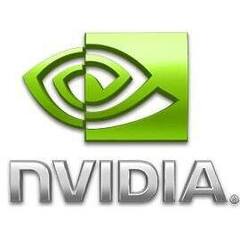What is the future of jobs in programming?
-
Topics
-
0
-
1
-
0
-
2
-
0
-
Chimneyfan52 ·
Posted in Troubleshooting4 -
2
-
ariaselm ·
Posted in Graphics Cards3 -
5
-
4
-
-
play_circle_filled

Latest From Linus Tech Tips:
The BRIGHTEST Monitor We've EVER Seen - Sun Vision rE rLCD Display
-
play_circle_filled

Latest From ShortCircuit:
The World's Fastest CPU (Technically...) - Intel i9-14900KS


.png.255947720031a641abdac78e663b681c.png)












Create an account or sign in to comment
You need to be a member in order to leave a comment
Create an account
Sign up for a new account in our community. It's easy!
Register a new accountSign in
Already have an account? Sign in here.
Sign In Now